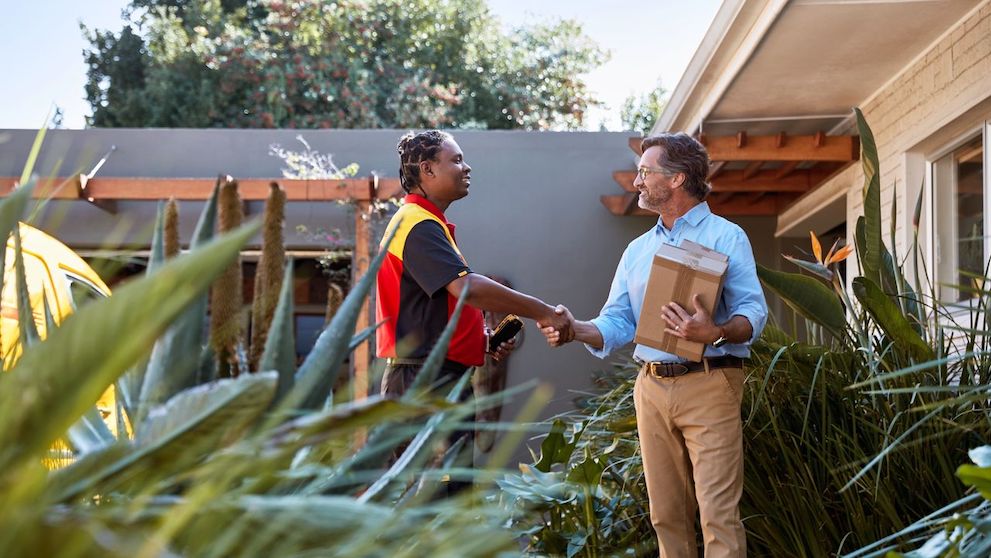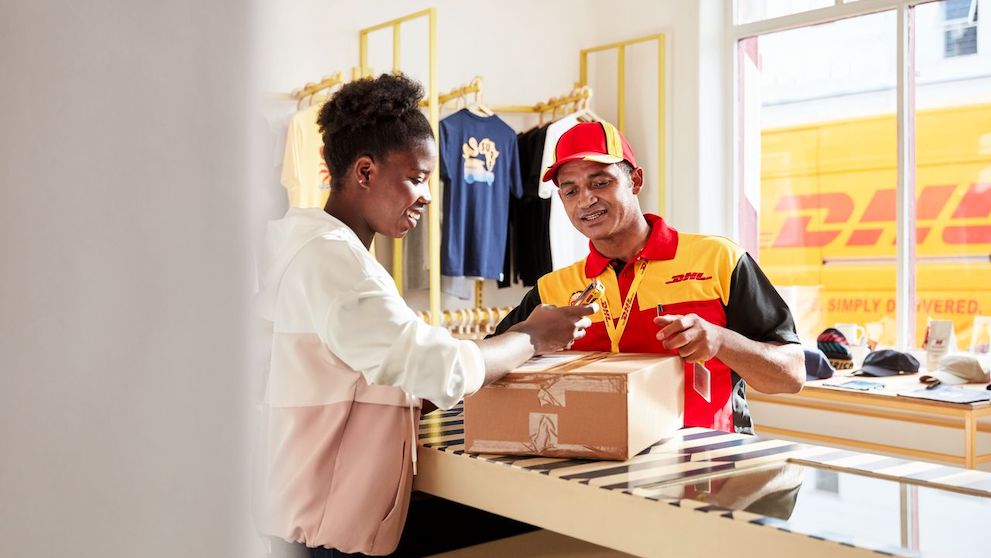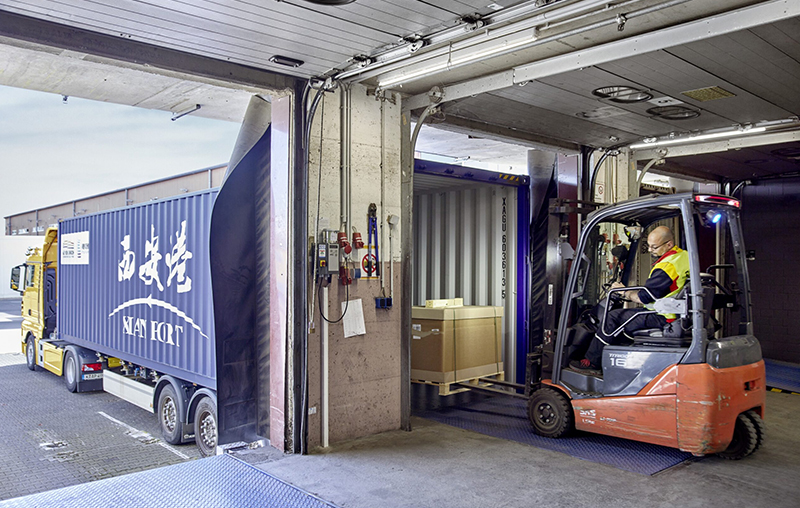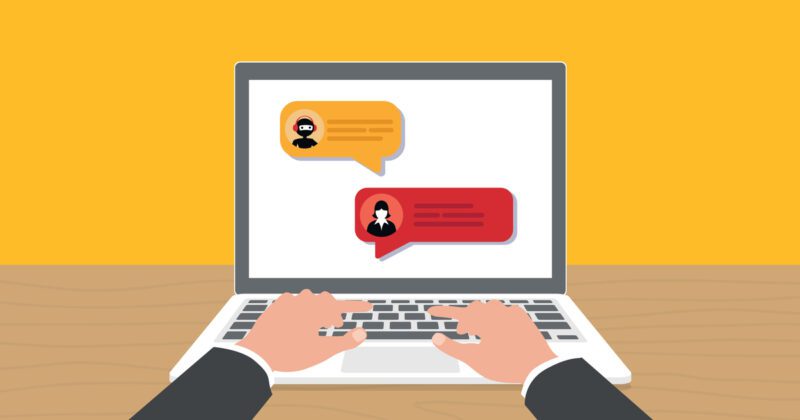If you’re running an e-commerce website, Live Chat can give you a sales boost. So what is it, and how do you do it well?
You’re on the internet trying to buy car insurance. You’ve been struggling with the company’s site for a while – you simply can’t find what you’re looking for. It’s frustrating, but just as you’re about to leave, a little box appears in the corner of the screen. “Hi, my name is Jack …”
Live Chat is a function within your website that visitors can activate and be immediately connected – via a chat window – to a live representative from your company. They can begin a conversation, there and then, in real time.
Not surprisingly, the benefits of this are numerous. First and foremost, Live Chat gives your digital business a human voice. Think of it as an online ambassador for your company, ready at the click of a button: a super-available customer service feature.
It’s worth noting that most Live Chat conversations are conducted principally by robots. If they are asked something they can’t answer, they will defer to a human, so your business will have to provide adequate human backup at all times. We'll be looking into the issue of staff training and helping your employees embody your brand in a later article, so sign up for our newsletter and you'll be the first to know.
Humans and robots, working together
“The majority of web chat solutions start with an automated greeting,” says Paul Ives, Senior Strategy Consultant at customer services technology company Now Interact, “but the next interaction will typically be from a human.”
The technology behind Chatbots is developing rapidly and becoming ever more skilful at convincingly simulating human interaction. Thanks to sophisticated Natural Language Processing systems, and by looking for keyword triggers and pulling related replies from a database, based in part on a company’s Frequently Asked Questions page.
But does it actually work?
“From a service perspective, chat is a great tool,” continues Now Interact’s Paul Ives, “it reduces cost-to-serve; can help solve low level customer service issues; negates the need to wait in the dreaded telephone IVR queue (interactive voice response), and you the customer get what you want much quicker.”
“Chatbots really shine when it comes to low level service issues – they can attempt to answer the most simple issues, then detect if a resolution hasn’t been achieved and bring in a Live Chat agent.”
Indeed, Forrester research found that 44% of online consumers say having questions answered by a ‘real’ person while in the middle of an online purchase is one of the most important features a website can offer. If the customer is looking for extra help and information about a product or service, they are going to have questions. Live Chat allows you to intervene at a crucial time and positively influence the purchasing decision.
Live Chats rise to the challenge of communicating with a diversity that feels human, using Artificial Intelligence to adapt, so they can resolve specific queries that will answer the customer's question, or defer seamlessly to a human. Research from 'Defining the Human Age: A Reflection on Customer Service in 2030' by professor James Woodhuysen, has found that nearly two-thirds of users (63%) are happy to be served by a chatbot, as long as the chatbot can escalate to a human when needed. The human touch is vital: three-quarters (76%) want human contact to remain part of their customer service experience.
Live Chat can also flag when customers you have previously interacted with return to your website, so you can continue conversations. After all, software will remember a returning customer better than the most skilled shop assistant.
Through Live Chat conversations, the software will recognise customers’ recurring pain points. They can feed back these problems to your business, which in turn allows you to make changes and improve. For startups in particular, fumbling their way through new territory and learning exactly what their customers want, such information is invaluable.
Get to know your customers
By adding a registration step to your Live Chat function, you can acquire some basic characteristics about your customer, e.g. age, gender, location. The chat representative can see this information and tailor their conversation accordingly. It’s no wonder an Emarketer survey found that 63% of customers are more likely to return to a website that offers Live Chat.
This customer demographic data can be saved to help you build up a wider profile of your visitors, their buying habits and behaviors – invaluable data that will help your business succeed. By knowing your audience and what they want, you can create products and services that answer their needs.
It’s a surprisingly cost-effective technology. For example, LiveChat, one of the industry’s leading hosts, charges from US$16 a month per seat (seat being a logged in agent) for Live Chat software, which allows automated greetings, pre-written responses and chat customisation. Naturally, adding extra features and seats increases the price, but a basic model is still an affordable investment for businesses with even a modest budget. Further cost efficiencies are driven by multi-tasking – Live Chat agents can deal with several conversations at once, which isn't possible when you’re interacting by phone.
Make chat count
Once you’ve integrated Live Chat into your e-commerce website, you’re no doubt going to want to measure the success of it, in terms of sales generated. Many Live Chat platforms offer analytics tools that give you a breakdown of the results, such as the number of greetings that led to conversations and the number of conversations that led to sales. This information will show you which sales techniques were the most effective, so you can alter your strategy accordingly.
But for anyone looking to increase conversion rates, here’s a salutary reminder from Paul Ives at Now Interact that Live Chat is all about service: “We’ve found Live Chat doesn’t compare as well to telephone when it comes to conversion. At the end of the day, people still like to talk. But Live Chat is a great services channel.”


























